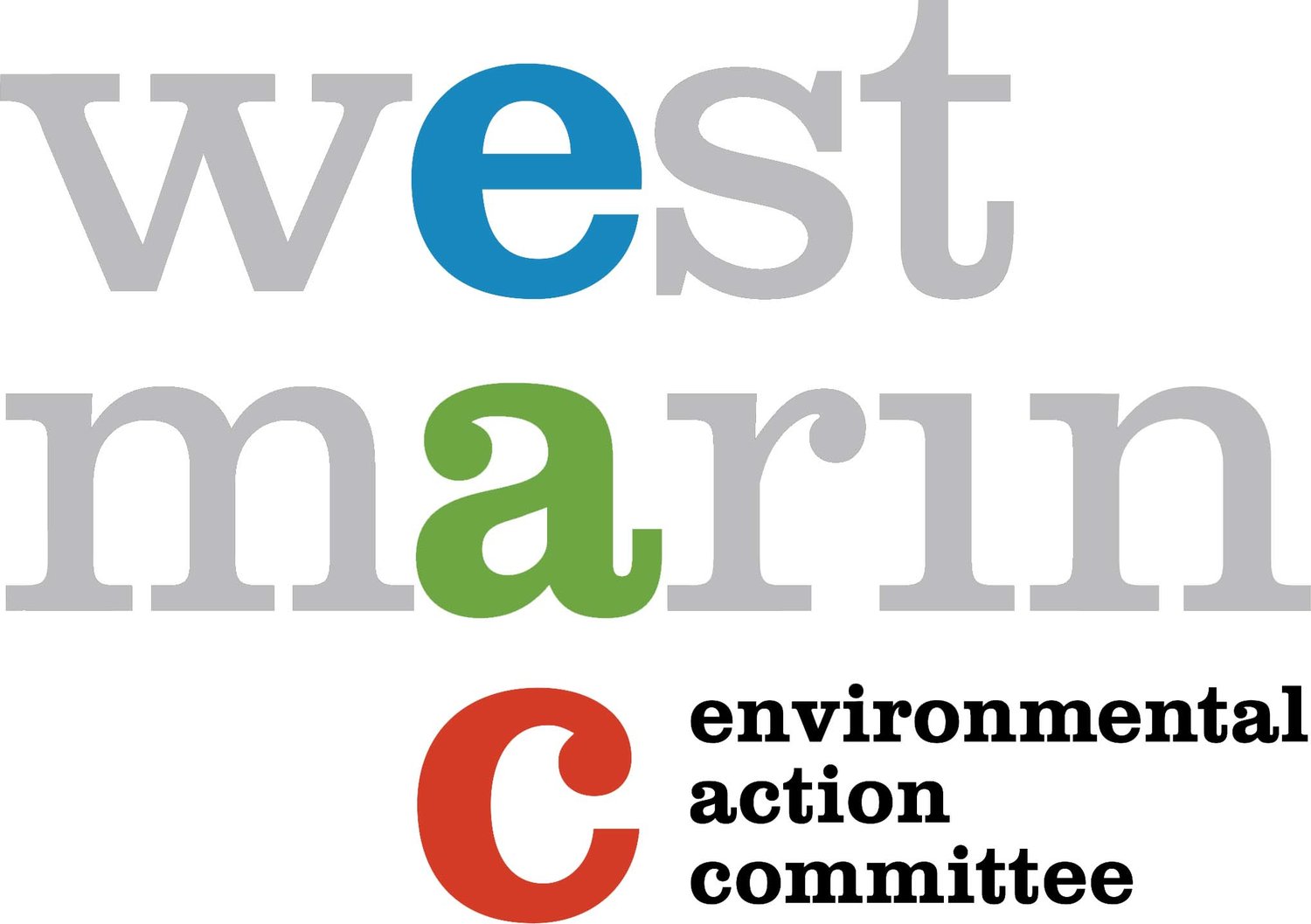The 8th annual State of Tomales Bay conference took place at the end of September at the Inverness Yacht Club. The day was thoughtfully curated and facilitated by the Tomales Bay Foundation Board, bringing together regional partners, including non-profit and business stakeholders, scientific practitioners, local, state and federal land managers, as well as elected leaders who actively collaborated to address the topic of the day: Conservation Challenges with a Changing Climate. Three members of the EAC team, as well as Board members, joined the important event.
The interdisciplinary nature of the conference presentations gave each attendee access to information about the importance of prescribed fires, Tomales Bay aquatic biology, hydrology, birds and butterflies, as well as introduced participants to Marin County’s coordinated response to sea level rise, student research focused on biodiversity, benthic habitat, biological invasions, restoration success stories, and predation on marine mammals.
The afternoon presentations focused on agricultural carbon farming, oyster farming (or aquaculture), tourism, forest management, fire hazard management, and the Foundations’s restoration project at Chicken Ranch Beach. At the end of the day, Supervisor Rodoni shared a summary of the day.
The Environmental Action Committee of West Marin was invited to say a few words before the zero waste lunch about the organization's role as a founding member of the former Tomales Bay Watershed Council, as well as a leader in practicing Leave No Trace through our newest collaborative initiative; the Cleaner California Coast, which highlights four destination stewardship principles:
Know Before You Go (Bring Reusables and Refuse Single-Use Plastics)
Trash Your Trash (Pack It Out and Hang on to Your Cigarette Butts)
What to Do With Poop (Find a Restroom)
Be Considerate of Coastal Communities
The conference was rich with experienced cross-sector collaborators and the ideal environment for EAC to introduce the Cleaner California Coast Initiative and connect these key leaders to the opportunity to role model and demonstrate how to practice zero waste behaviors and Leave No Trace principles and empower people to contribute to cleaner and healthier coastal Marin, Sonoma, and Mendocino Counties. The Cleaner California Coast principles are actions that compliment and lift up all other pollution prevention strategies.
A delicious zero-waste lunch was prepared by Rosa Rodriguez, who is part of a West Marin-Healthy Eating Active Living Community Action Team and a partner of the West Marin Food Systems Group to create sustainable community food resilience.
Together, the conference provided essential information and spurred action for climate resilience while offering all stewards of the Tomales Bay watersheds the opportunity to experience and practice Leave No Trace in the community.
Learn more:
Missed it? Review presentation and agenda information from the Conference




